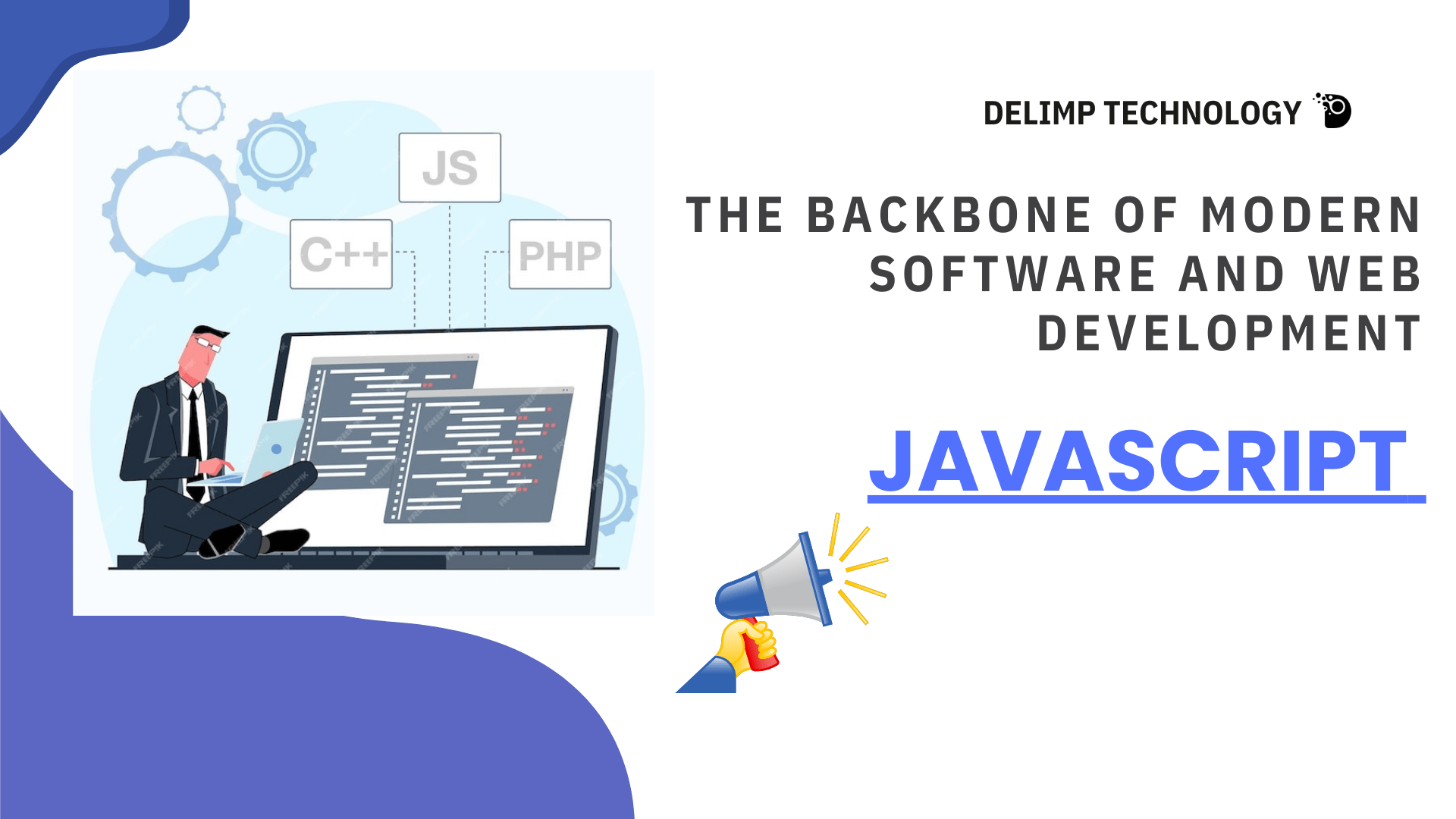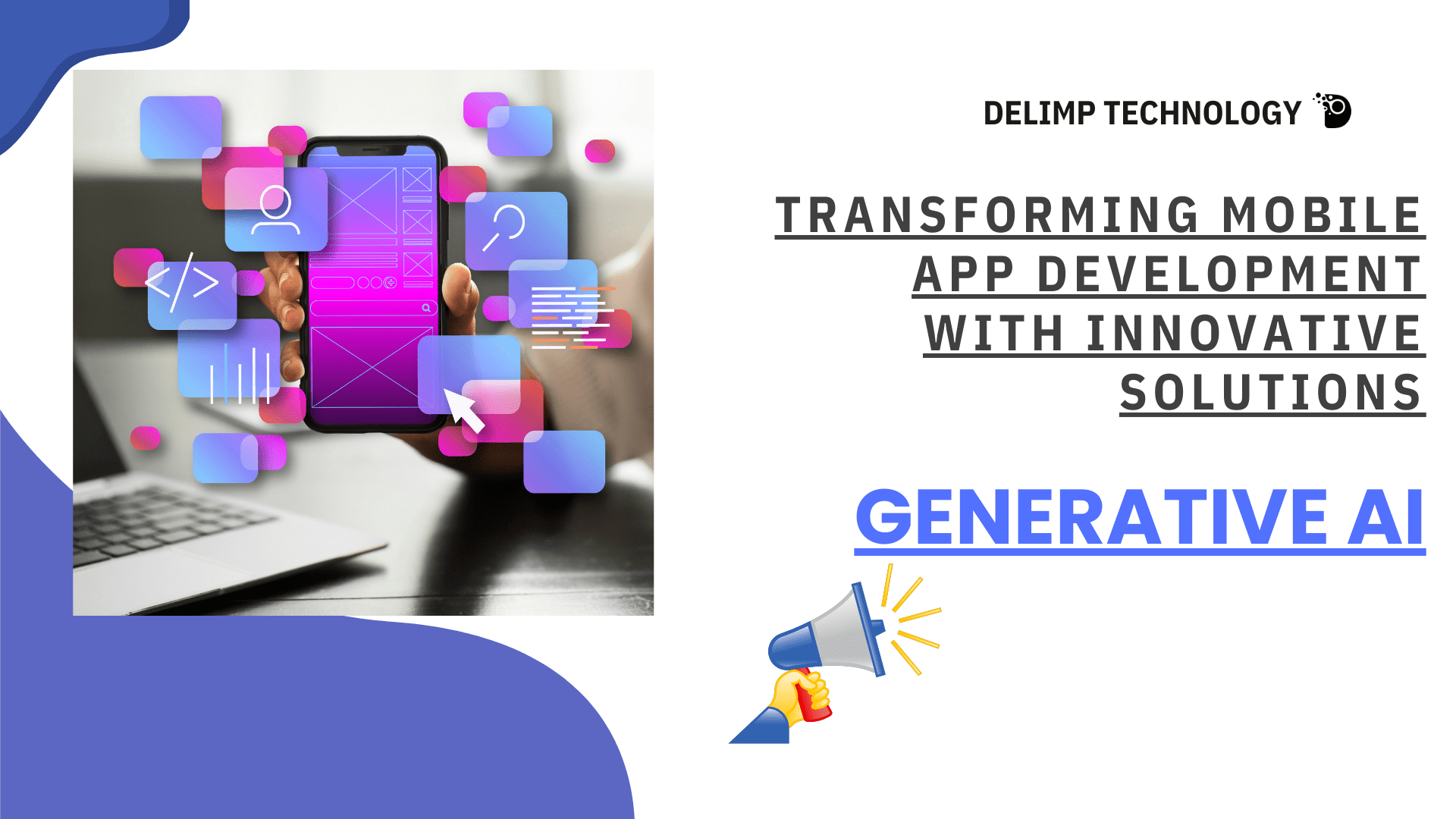If you have the impression that the future of AI is a swiftly changing environment, this is because current innovation in the field of artificial intelligence is advancing at such a breakneck rate that it is difficult to stay up. Being the driving force behind emerging technologies like big data, robots, and the Internet of Things, as well as generative AI with applications like ChatGPT and AI art generators gaining popularity in the general public, artificial intelligence is already influencing the future of humanity in almost every industry and will continue to do so.
So 44% of firms are planning to make major investments in AI and incorporate it into their operations, while IBM investors got 9,130 patents in 2021, 2,300 of which were AI-related.
Here are 5 bold predictions based on experience and immersion in the subject:
- Entertainment
Hardware innovation in entertainment systems is anticipated as a result of the availability of lower-cost sensors and devices. So the day when virtual reality will be able to penetrate our living rooms is not far off. Individualized companion robots may potentially be seen in the next few years. There is no question that artificial intelligence will one day rule the world. With that said, delving deep into AI and realizing its full potential is critical.
- Medicine
So, why have medication that is beneficial to everyone when it might be tailored to your genome? Doctors and hospitals will be able to better analyze data and personalize health care to each patient’s DNA, environment, and lifestyle thanks to AI algorithms. As a result, AI will drive the personalized medical revolution, from detecting brain tumors to selecting which cancer medication is best for each individual.
- Cyber Security
Enterprises are attempting to keep ahead of hackers with 707 million cybersecurity breaches in 2015 and 554 million in the first half of 2016. AI’s self-learning and automated talents, according to USC experts, can safeguard data more reliably and affordably, keeping individuals safe from terrorism or even large-scale identity theft. Ai-based solutions look for patterns associated with malicious computer viruses and programs before they can steal large amounts of data or cause damage.
- Vital Tasks
Ai Assistants will assist older people in remaining independent and living in their own homes for extended periods. AI tools will keep healthy food on hand, securely reach goods on high shelves, and monitor movement in a senior home.
As a result, the gadgets might trim lawns, clean windows, and even assist with bathing and hygiene. Additional manual and repetitive jobs are excellent candidates for AI-based solutions. Ai-assisted work plays a crucial role in hazardous industries like mining, firefighting, mine clearing, and handling radioactive materials. Its significance in these sectors cannot be overstated. By leveraging artificial intelligence, these industries can enhance safety measures, improve efficiency, and minimize human risk in challenging and dangerous environments.
- Transportation
Self-driving cars are the area where AI may have the most impact shortly. Unlike human drivers, AI Transforming never plays the radio, puts on makeup, or argues with their kids in the backseat. Autonomous automobiles are already here, thanks to Google, but they will be widespread by 2030. Driverless trains currently run through European towns, and Boeing is developing an autonomous airliner (pilots must still enter data into the system).
Conclusion:
Artificial intelligence (AI) applications are poised to exert a substantial impact on crucial dimensions of our economy and society in the coming decade. We currently find ourselves at the initial stages of what numerous esteemed experts anticipate as the most promising era for technological innovation and value generation in the foreseeable future.






